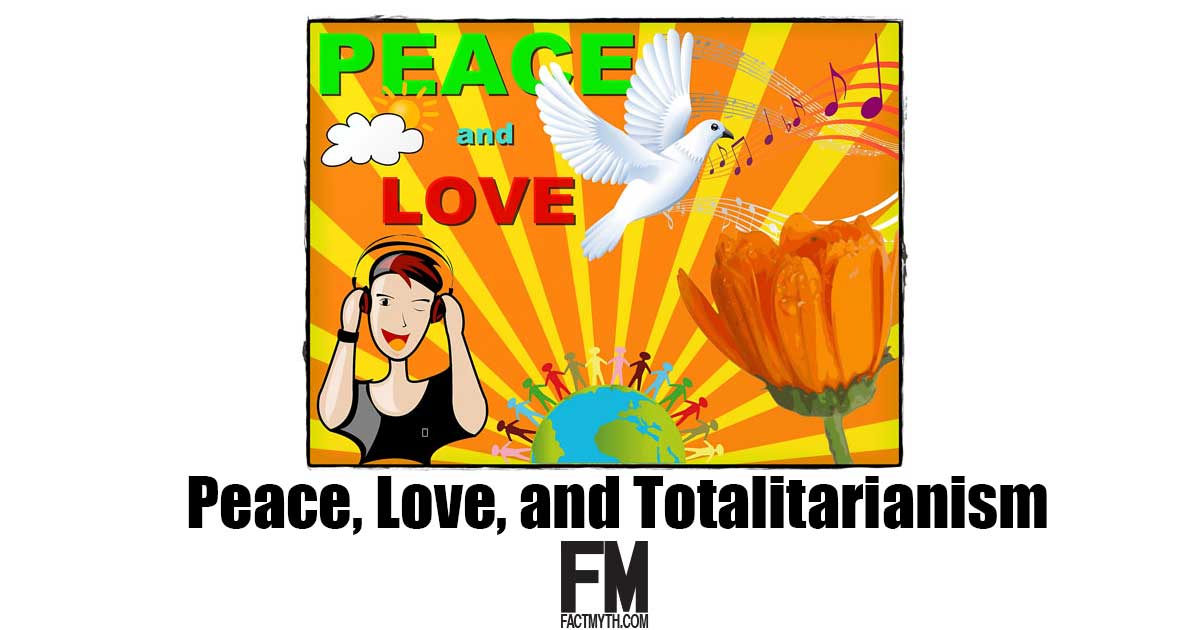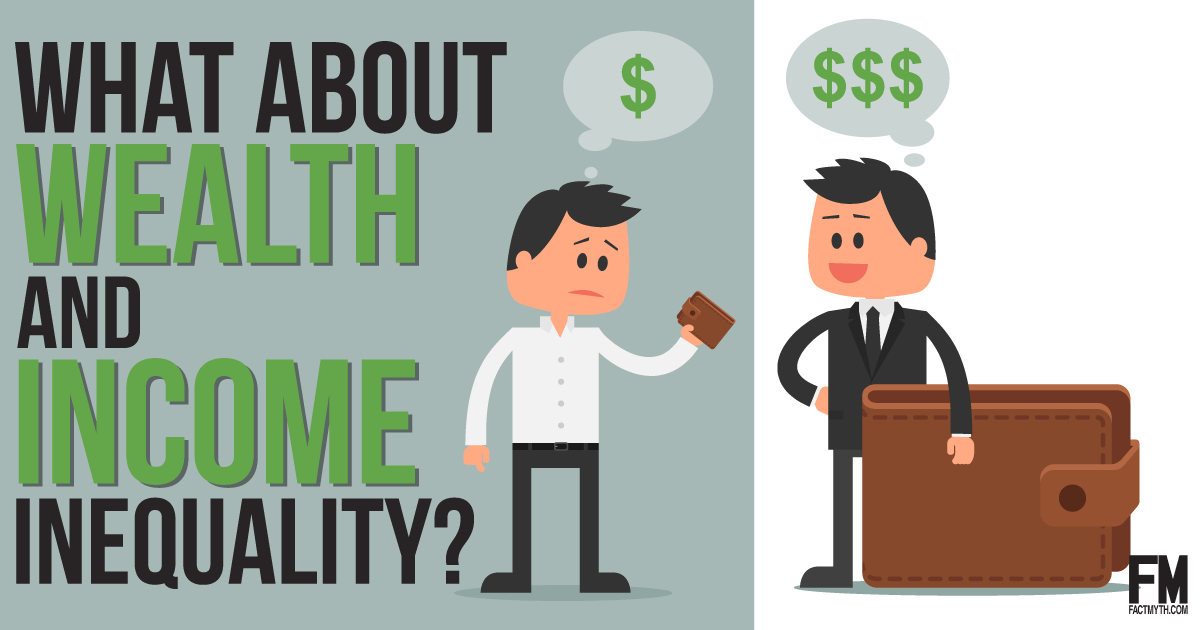Tolerance Paradoxes Explained

We explain paradoxes related to tolerance and Politically Correctness (PC), including “the paradox of tolerance” and “tolerance as a form of intolerance.”
A theory is a model for understanding how things work.
Typically theories are easier to disprove than prove, if a theory works it’s used until a better one comes along.
Well worn theories are rarely “completely wrong”, rather they are typically missing a few nuances (good examples being: Alchemy -> Mendeleev’s periodic table -> Current period table; or Newtonian gravity as a force -> Einstein’s gravity as a byproduct of spacetime curvature; or Thompson’s model of an atom -> Rutherford’s -> Bohr’s -> Schrödinger’s). None of the aforementioned theories were completely off base. We didn’t go back and prove the old one wrong, we just replaced it with the new one. A theory can ultimately be true without our ability to prove it true, or false even if it seems to work over and over (for proof see Gödel’s incompleteness theory).
Below is a collection facts and myths related to theories of all types.

We explain paradoxes related to tolerance and Politically Correctness (PC), including “the paradox of tolerance” and “tolerance as a form of intolerance.”

We explain economic inequality from a historical perspective, and then consider the effects of wealth inequality and income inequality in America today.

Conspiracy theories are sets of one more speculative hypotheses, backed by fallacious reasoning, that suppose a conspiracy.